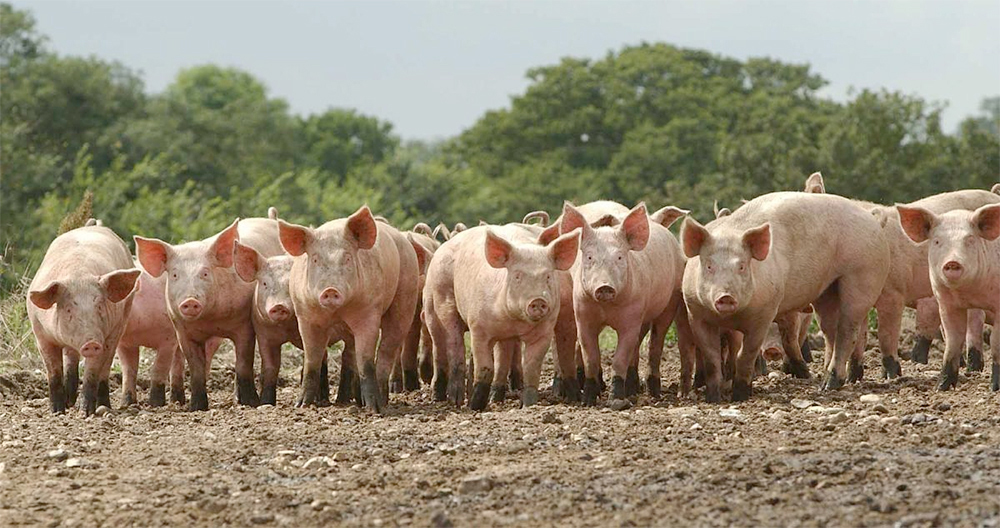
Researchers at the University of Surrey’s School of Veterinary Medicine are looking for pig faecal samples for a research project.
They have developed a new diagnostic test for detection of the giant roundworm Ascaris, a common parasite of pigs.
Ascaris infections can lead to reduced growth rates and ‘milk spots’ on pig livers.
The standard diagnostic tests for Ascaris infection are not very sensitive and can miss infections.
The researchers believe the new test they are developing is likely to be more sensitive and could be used for rapid pen-side testing.
To validate the test they need pig faecal samples and are asking for help from anyone in the UK who keeps pigs.
Economic profitability reduced
The researchers said: "We will ask you to collect fresh pig faecal samples from pig pens or pastures and send them to us at the University.
"We will provide you with containers for sample collection and stamped addressed boxes for safe postage of the samples.
"We will test the faecal samples in our laboratory, using our new diagnostic test and the McMaster technique to give faecal worm egg counts."
Pigs get infected with Ascaris by ingesting infectious parasite eggs that are present in the environment.
Infections with the roundworm, and especially the larval migration phase, have shown to reduce the economic profitability of a pig farm.
The presence of this parasite on a pig farm reduces its productivity in a number of direct or indirect ways.
The decreased health status of pigs, as a consequence of roundworm infection, is reflected in general production parameters like daily weight gain, feed conversion efficiency and meat quality.
